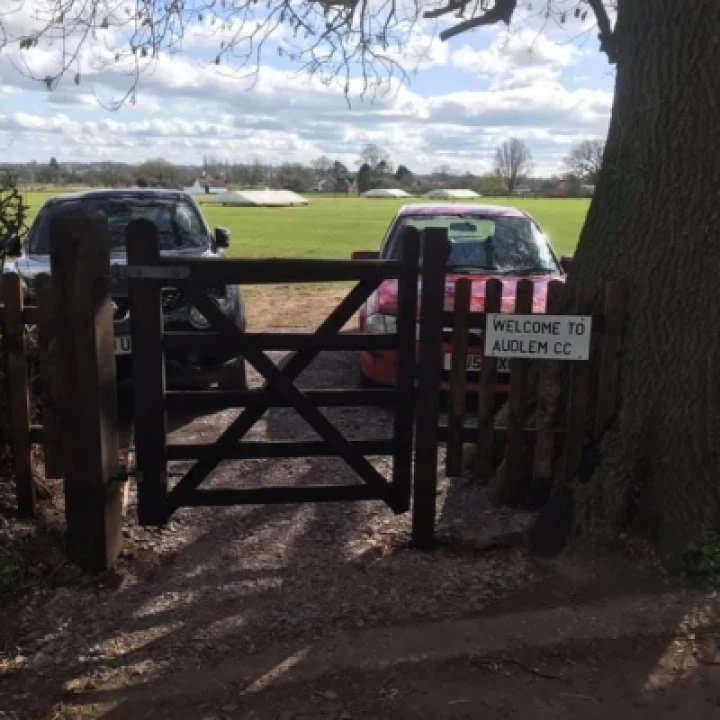







Liddell takes 400 metres gold
Eric Henry Liddell was a Scottish Olympic Gold Medalist runner, rugb metery union international player, and Christian missionary.
Eric Henry Liddell was born in China to Scottish missionary parents. He attended boarding school near London, spending time when possible with his family in Edinburgh, and afterwards attended the University of Edinburgh.
The 1924 Summer Olympics were hosted by the city of Paris. A devout Christian, Liddell refused to run in a heat held on Sunday (the Christian Sabbath) and was forced to withdraw from the 100-metre race, his best event. The schedule had been published several months earlier, and his decision was made well before the Games. Liddell spent the intervening months training for the 400-metre race, though his best pre-Olympics time of 49.6 seconds was modest by international standards.
On the morning of the Olympic 400-metre final, July 11, 1924, Liddell was handed a folded square of paper, a gift from one of the team masseurs. Reading it later he found the message: "In the old book it says: 'He that honours me I will honour.' Wishing you the best of success always." Recognising the (slightly misquoted) reference to 1 Samuel 2:30, Liddell was profoundly moved that someone other than his coach believed in him and the stance he had taken.
The pipe band of the 51st Highland Brigade played outside the stadium for the hour before he ran. The 400-metre had been considered a middle-distance event in which runners raced round the first bend and coasted through the back leg. Inspired by the Biblical message, and deprived of a view of the other runners because he drew the outside lane, Liddell raced the whole of the first 200 metres to be well clear of the favoured Americans. With little option but to then treat the race as a complete sprint, he continued to race around the final bend. He was challenged all the way down the home straight but held on to take the win. He broke the Olympic and world records with a time of 47.6 seconds.
Eric Liddell returned to China in 1925 to serve as a missionary teacher. Aside from two furloughs in Scotland, he remained in China until his death in a Japanese civilian internment camp in 1945.
Liddell's Olympic training and racing, and the religious convictions that influenced him, are depicted in the Oscar-winning 1981 film Chariots of Fire, in which he is portrayed by fellow Scot Ian Charleson.
This article is from our news archive. As a result pictures or videos originally associated with it may have been removed and some of the content may no longer be accurate or relevant.
Get In Touch
AudlemOnline is powered by our active community.
Please send us your news and views using the button below:
Email: editor@audlem.org


